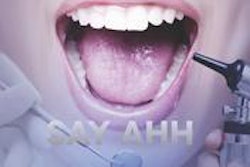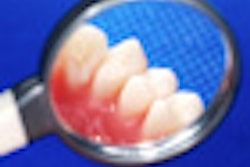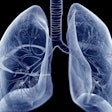Dental professionals should build a stronger connection between oral health and general health -- not only for patients, but also at the community level, according to a special issue of this month's Journal of Evidence-Based Dental Practice.
An editorial by Robert J. Collins, DMD, MPH, of the University of Pennsylvania, highlights the role of evidence-based innovations such as home dental care, community water fluoridation, and dental sealants in shifting public perceptions of dental care from replacement or repair of missing or damaged teeth to protection against oral diseases. Dr. Collins calls on dentists to recognize the value of collaboration in addressing the problems of the public and the dental profession.
Crossover topics in the issue include the following:
- "Rubber cup" dental prophylaxis: There's little evidence of a health benefit for this familiar "preventive" technique, but it continues to be widely used.
- Prophylactic surgical extraction of third molars: Growing evidence questions the need for this procedure, although controversy continues.
- Chlorhexidine mouthwash to reduce the risk of ventilator-associated pneumonia: an example of how better oral health can help prevent a serious medical condition, with important implications for dental care in nursing home residents.
The issue includes commentary by ADA President William Calnon, DDS. In contrast to its historical emphasis on surgical treatment of dental diseases after they have occurred -- "drilling and filling" -- Dr. Calnon believes the ADA and the dental profession at large need to develop a new framework for prevention of oral disease.
Editorials highlight the need for private dental practitioners to take on increased responsibility for carrying out essential public health functions and also the impact of financial incentives on the provision of evidence-based preventive services in clinical dentistry.



















